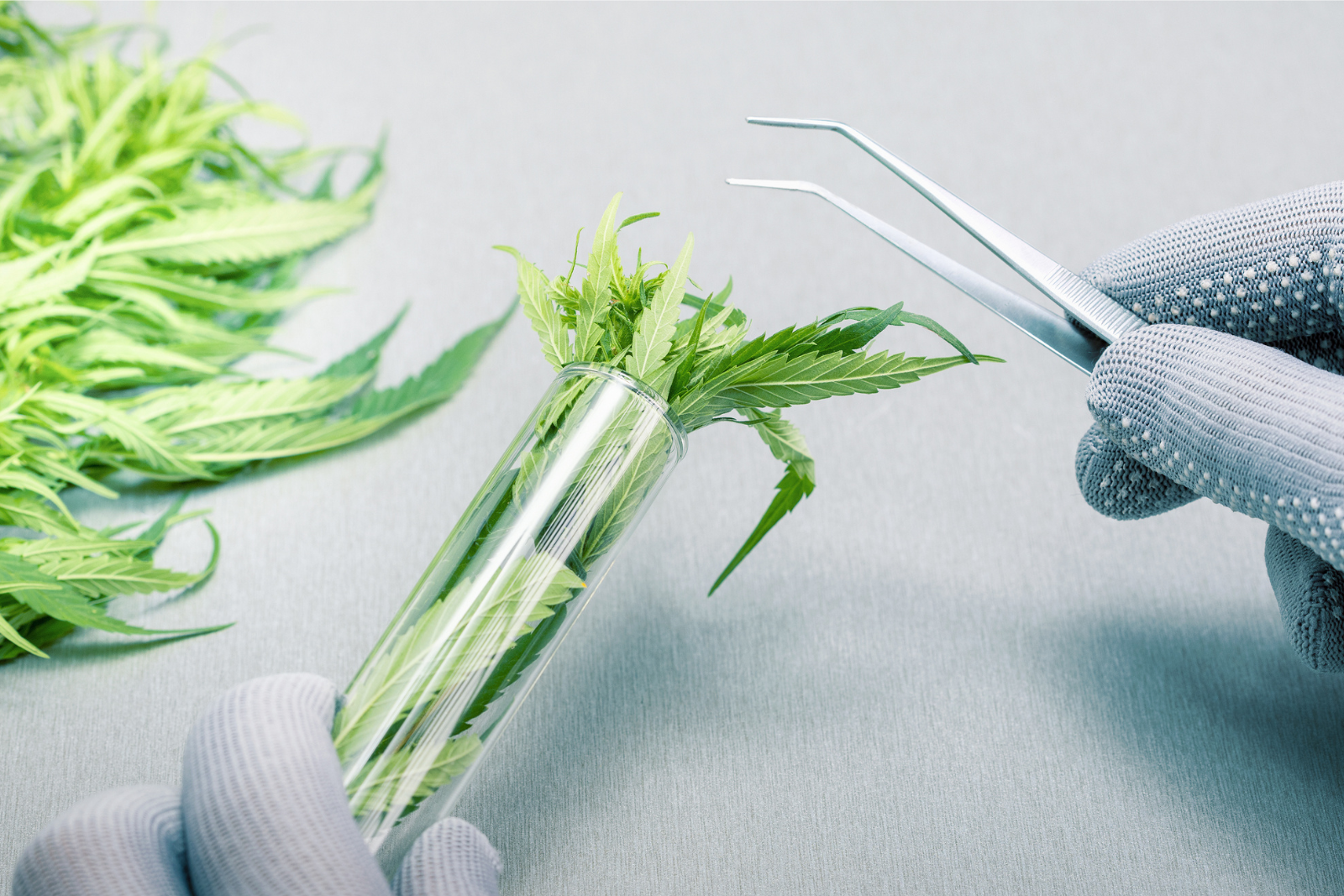
Recent Breakthroughs in CBD and CBG Research
In the ever-evolving field of cannabinoid research, recent studies have unveiled exciting new findings about cannabidiol (CBD) and cannabigerol (CBG). These cannabinoids are making waves in various areas, including bone health, pain management, and even viral infections. Here’s a closer look at the latest discoveries from the past two years.
Bone Health and Fracture Healing
CBD and CBG are proving to be significant players in promoting bone health. Research conducted by Pennsylvania State University highlighted that these cannabinoids can enhance bone fracture healing and manage pain effectively. The study showed that CBD and CBG increase the number of bone progenitor cells during the early stages of healing and later strengthen the newly formed bone by enhancing mineral absorption. This was found to be more effective than traditional NSAID treatments (MedXpress) (ScienceDaily).
Pain Management
CBD's potential as a pain reliever continues to gain support. A study from Syracuse University demonstrated its effectiveness in reducing pain reactivity in healthy adults, underscoring its potential as a non-addictive alternative for pain management. This adds to the growing body of evidence supporting CBD's role in managing various types of pain without the adverse side effects commonly associated with opioids and other pain medications (ScienceDaily).
Antiviral Properties
In an unexpected twist, cannabinoids are also showing promise in fighting viral infections. A study by Oregon State University found that the acidic forms of CBD and CBG, known as CBDA and CBGA, can prevent the SARS-CoV-2 virus (the virus responsible for COVID-19) from entering human cells. These compounds bind to the virus's spike protein, blocking its ability to infect cells, and have shown effectiveness against various COVID-19 variants (Life at OSU).
General Health Benefits
Beyond these specific applications, both CBD and CBG have been noted for their broad therapeutic potential. CBD is well-documented for its anti-seizure properties and is FDA-approved for treating certain types of epilepsy. CBG, though less studied in humans, shows promise in treating conditions like anxiety, inflammatory bowel disease, glaucoma, and nerve pain. These cannabinoids interact with the body’s endocannabinoid system, influencing various physiological processes to provide therapeutic effects (Project CBD).
The latest research underscores the immense potential of CBD and CBG in various medical applications. From enhancing bone health and managing pain to preventing viral infections, these cannabinoids are proving to be versatile and powerful therapeutic agents. As research continues, we can expect to uncover even more benefits and applications for these remarkable compounds.
Stay tuned as we continue to follow the exciting developments in cannabinoid research!
Sources:
- Medical Xpress - CBD and CBG may promote bone fracture healing, manage pain
- ScienceDaily - Research shows pain relieving effects of CBD
- MDPI - In Vitro and Clinical Evaluation of Cannabigerol (CBG) Produced via Yeast Biosynthesis
- Oregon State University - Hemp compounds prevent coronavirus from entering human cells

